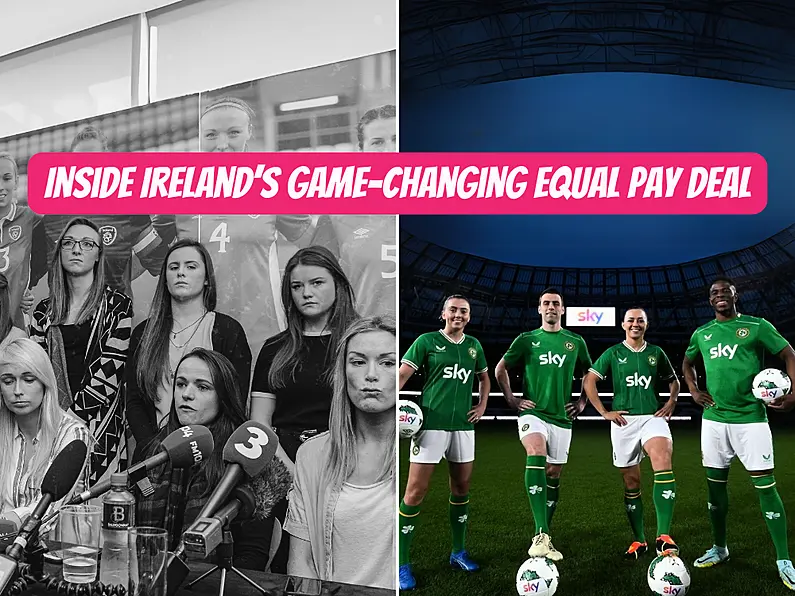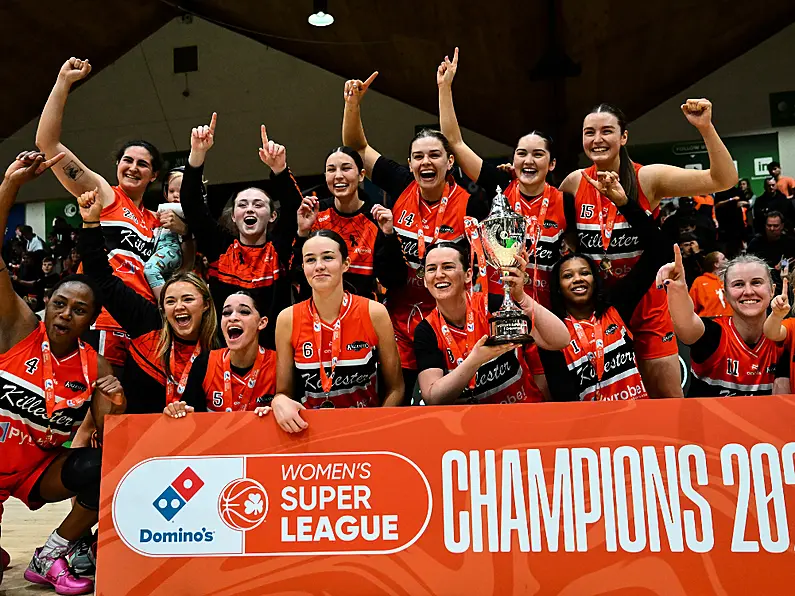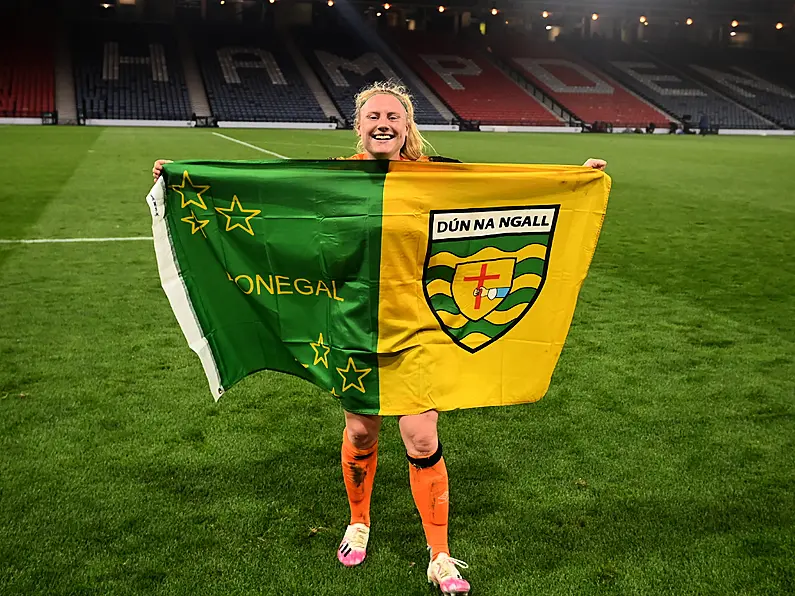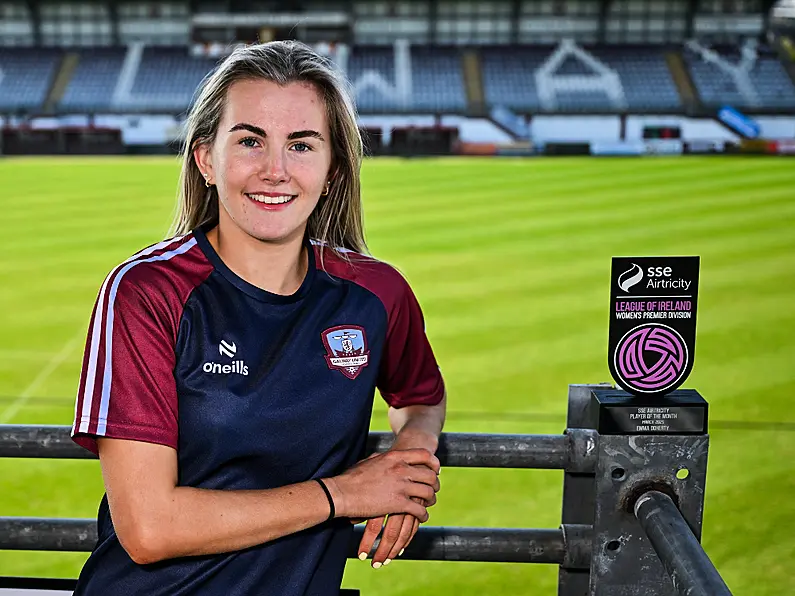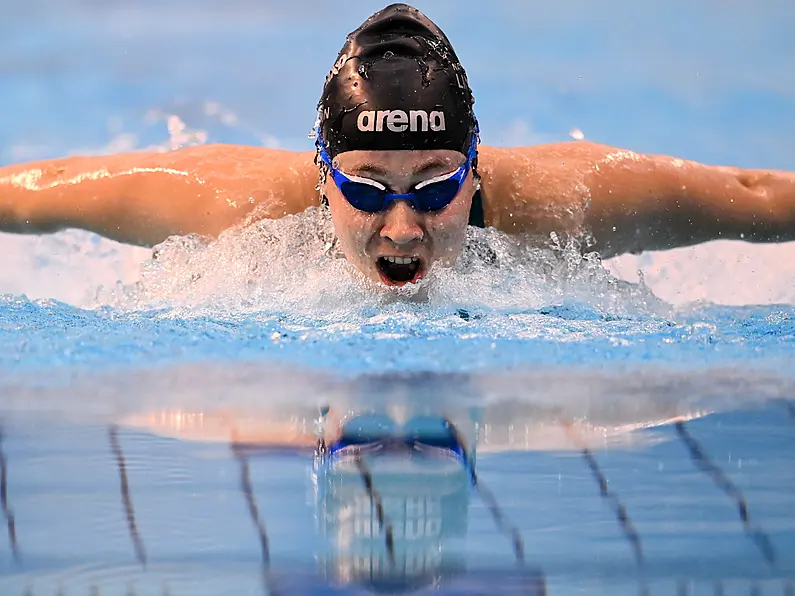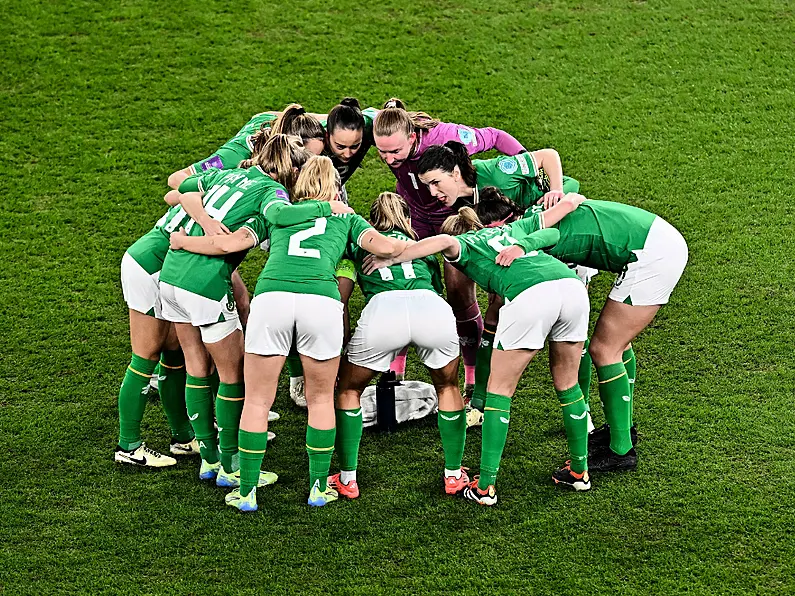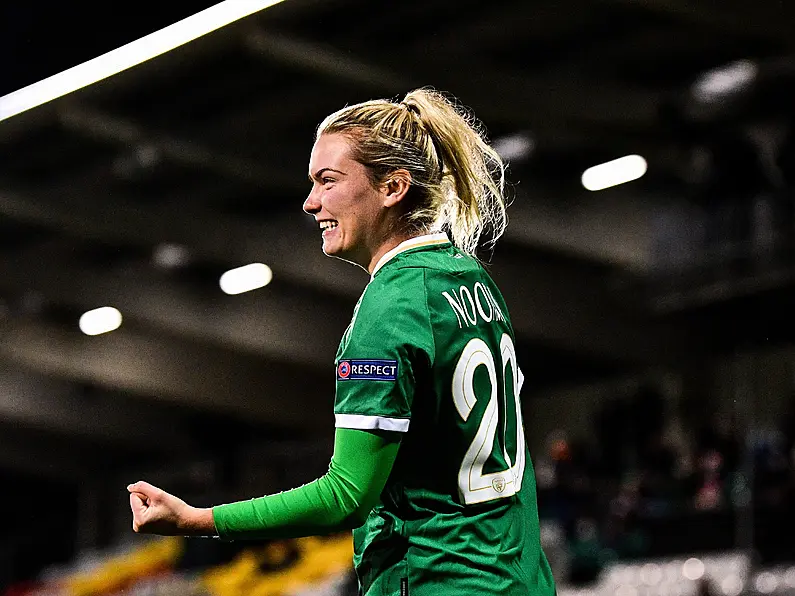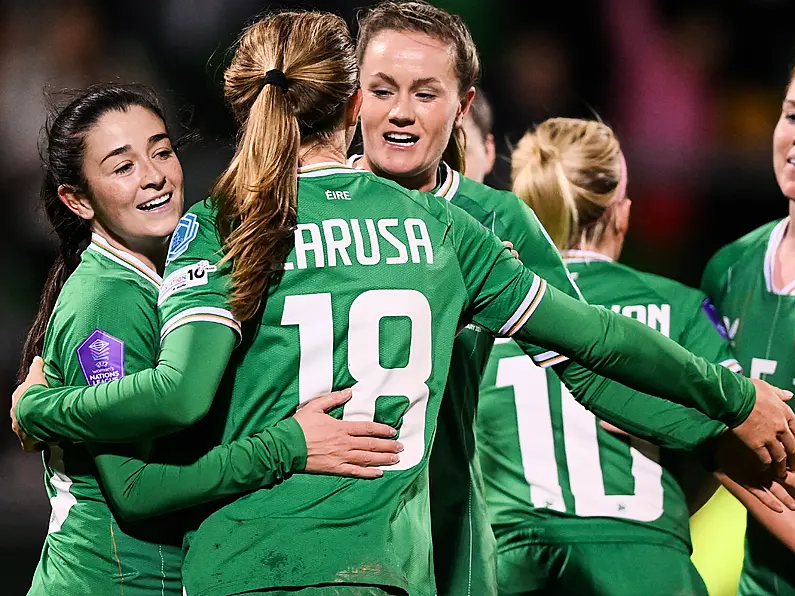"This isn't just about us; it's about every Irish player who fought for this long before we did."
It began, as many revolutions do, not with a roar but with a whisper. In the unassuming corridors of the Football Association of Ireland (FAI), a quiet determination took root—a resolve to correct an injustice that had lingered like a shadow over the nation's sporting soul. On a crisp day in August 2021, the FAI announced a groundbreaking agreement: players representing the Republic of Ireland's senior men's and women's teams would receive equal match fees—€2,500 per game. A figure modest in the grand theatre of international football, yet monumental in its symbolism.
"We've taken a huge step forward," reflected Katie McCabe, the captain steering the women's national team into uncharted waters. "This isn't just about us; it's about every Irish player who fought for this long before we did."
To fully grasp the magnitude of this development, one must revisit the not-so-distant past—a time when the women's team teetered on the brink of rebellion. In 2017, frustration had reached a boiling point. Players were expected to share kits, change in airport toilets, and juggle full-time jobs alongside their international duties—all for a paltry match fee that barely covered expenses.
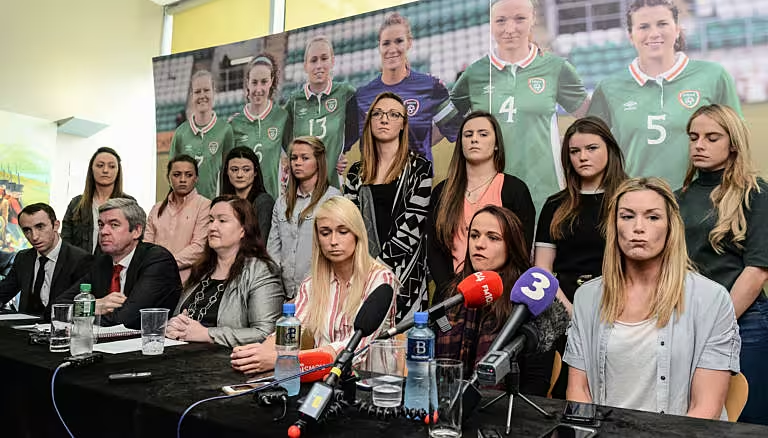
Diane Caldwell, a stalwart defender with years of service, didn't mince words when recalling those indignities. "We were practically begging for a €300 match fee," she said. "It wasn't about the money per se; it was about basic respect and being treated as professionals."
The journey from those days of marginalisation to the landmark agreement of 2021 was anything but straightforward. It required a coalition of allies, some expected and others less so. Recognising the glaring inequity, the men's national team, led by captain Séamus Coleman, agreed to reduce their own match fees. The FAI matched this reduction, reallocating funds to elevate the women's fees to the same €2,500 per match. This was not merely a financial adjustment; it was a gesture rooted in mutual respect and unity. Senior BDO partner, Ciaran Medlar, represented both the women’s and men's players during negotiations.
"This deal is the right one for everyone," Coleman stated plainly. "We're glad to stand alongside our female counterparts."

Jonathan Hill, the FAI's Chief Executive at the time, acknowledged the broader significance. "This is a significant milestone in our transformation," he noted. "It positions us as the progressive footballing nation we've always aspired to be."
But how does this arrangement work in practice? The men's team took a cut from their original match fee—details undisclosed—and the FAI matched this amount. The combined sum was then used to elevate the women's match fees to €2,500, aligning them with the men's adjusted fees. It's a model that not only balances the books but also sets a precedent for collaborative progress.
For many players on the women's team—some of whom juggle part-time jobs or play in semi-professional leagues—the €2,500 match fee represents more than financial relief. It's an affirmation of their dedication and professionalism. Stephanie Roche, emphasised, "It's not about the money; it's about being considered equal. We all put in the same effort for our country, and this shows that the FAI recognises that."
The ripple effect of Ireland's decision has been felt far beyond its shores. Louise Quinn highlighted how, "Other national teams reached out, wanting to understand how we achieved this." Ireland inadvertently became a case study—a beacon for nations grappling with similar disparities in the women's game. The FAI announcement came one year after the English FA and Brazilian Football Federation began paying the same appearance fee.
The agreement marked a key-milestone in the progression within the FAI. This is the same organisation that, just a few years prior, was accused of treating the women's team as "fifth-class citizens."
Caldwell reflected on the arduous journey. "We were trying to break down a brick wall," she admitted. "Making that stand was tough, but now things are different. We have people in our corner."
Former captain Emma Byrne had been instrumental in organising the players through the Professional Footballers Association of Ireland. Their stand in 2017 was not without cost—emotionally and professionally—but it was necessary. It laid the groundwork for the unity and progress that would follow.
The significance of the agreement also lies in its symbolism. It's a statement of validation. "This is a great day for Irish football," McCabe reiterated. "We've shown the world what can be achieved through unity and mutual respect."
Séamus Coleman's involvement signalled a crucial shift. His support wasn't just symbolic; it was actionable. "We hope this inspires other nations to do the same," he remarked. The men's team's willingness to adjust their own remuneration underscored a genuine commitment to equality, rooted in a profound respect for their fellow athletes.
🎥 WNT captain @Katie_McCabe11 on the historic equal pay deal ☘️
🗣 "It represents unity and that's what being Irish is all about. It really sends out the message that We Are One."#WeAreOne | #COYGIG | #COYBIG pic.twitter.com/y23Lmrrr7X
— Ireland Football ⚽️🇮🇪 (@IrelandFootball) August 30, 2021
"We're a small nation, but we're getting places," Quinn remarked. "We need to make sure domestically that things are ticking over and that when players from the League of Ireland are coming into the national team camp, it's up to standard."
In the grand tapestry of football history, such moments might seem modest, almost footnotes. But for those involved—for the players who toiled in obscurity, who changed in airport toilets, who fought for recognition—they are monumental. They are proof that progress is possible.
